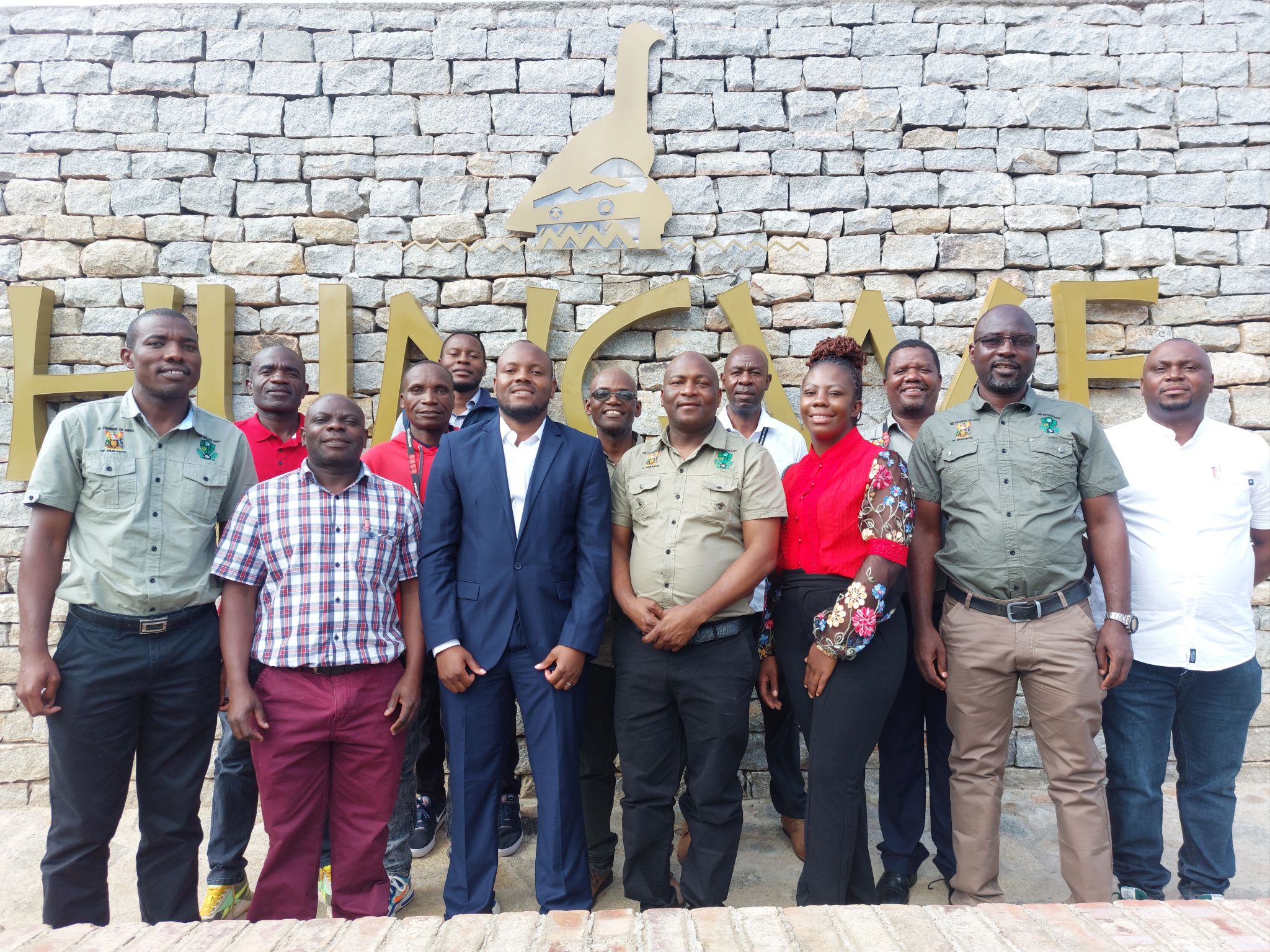The Mine Ventilation Society of Zimbabwe (MVSZ) is urging authorities to expedite reviews of outdated ventilation regulations to align with global best practices, as this need has become increasingly urgent.
By Ryan Chigoche
This call to action was emphasized during the recent MVSZ AGM and conference, where practitioners discussed strategies to advocate for updates to the legislation, which has remained unchanged since the early 1990s.
In an interview with Mining Zimbabwe on the sidelines of the event, Josh Tigere, the immediate past president of the Society, stressed the importance of these amendments. He argued that updating the regulations would bring Zimbabwe’s mining sector in line with global best practices in ventilation. Tigere called on authorities to involve ventilation practitioners in the legislative review process.

“In terms of legislation, it is now outdated. As ventilation practitioners, we need to incorporate current systems, procedures, and methods into these amendments. Mine houses in neighbouring South Africa have already adopted these best practices, and we should integrate them to make our regulations more effective and specific in addressing all aspects of the workplace environment,” Tigere stated.
“The role of authorities is to facilitate such reviews. We may develop these procedures and processes, but if they are not incorporated into the actual amendments of the regulations and the Mines Act, they will remain as mere book knowledge that cannot be enforced,” he added.
Tigere also urged mining companies to engage graduates from the School of Mines as law enforcers on the ground to ensure effective implementation of the updated regulations at operational sites.
Meanwhile, the impact of outdated legislation on the mining industry has become more pronounced. Many operators are struggling to maintain safe working environments due to regulations that do not account for technological advancements and evolving best practices. This regulatory gap has led to increased safety risks, higher operational costs, and reduced competitiveness in the global market.
For instance, outdated ventilation standards can result in inadequate air quality management in mines, posing serious health risks to workers. This not only jeopardizes employee safety but can also lead to costly legal liabilities for mining companies. Additionally, these outdated regulations hinder innovation, as companies may be reluctant to adopt new technologies that do not align with the current legal framework.
These issues highlight the urgency of incorporating ventilation amendments into the Mines and Minerals Amendment Bill, which has faced delays from authorities. Despite repeated assurances that the bill is forthcoming, no concrete progress has been made, leaving stakeholders concerned about the future of the sector.
As the MVSZ continues to advocate for these essential changes, it is crucial for the government to recognize the importance of aligning legislation with current industry standards. Only through collaborative efforts can Zimbabwe’s mining sector thrive while safeguarding the health and safety of its workforce.
.png)




